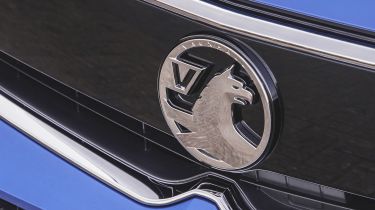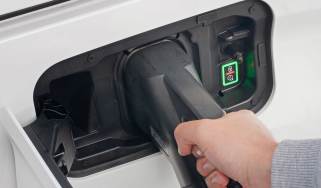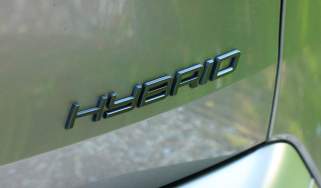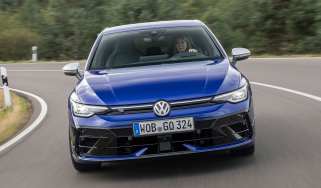Tears at Vauxhall Luton as final van rolls off the line
120 years of vehicle manufacturing comes to an end, as Stellantis turns its back on historic British plant

The famous Vauxhall factory at Luton will build no more vehicles, after the final Vivaro van rolled off the line today. Workers were reportedly in tears as they gathered around the last vehicle to be produced, with the closure marking a bleak day for Bedfordshire town, which has played a long and illustrious role in the UK’s automotive industry.
Vauxhall has been associated with Luton since the early 1900s, producing a line of vehicles that started with the firm’s 9HP model, and has since included such icons as the 1910 Vauxhall Prince Henry, post-war classics including the Vauxhall Cresta, Wyvern, Victor and Viva, as well as more modern cars such as the Chevette, Cavalier, Frontera and Vectra.
The Vectra was the final passenger car to be built at Luton in 2002, with the plant subsequently focusing on commercial vehicles.
Local Labour council leader, Hazel Simmons, declared it “a very sad day for Luton”, adding her thoughts were with the employees and families affected by “the devastating closure”. Simmons has also claimed in the local press that her council had done what it could to stop the axe falling on the plant, including presenting alternative options to Stellantis “who just weren’t interested”.
A Stellantis statement on the closure reads: “Our employees always remain our priority, and we continue to act responsibly towards our colleagues in Luton. We continue with direct consultation meetings, relocation support for those who wish to transition to Ellesmere Port and onsite support activities, such as job fairs, CV writing, retraining support and wellness sessions.”
Plans to close Luton were first mooted in November last year, just nine months after Stellantis pledged to invest in EV production at its historic Luton factory. Instead, the Stellantis Group planned to close the plant altogether and consolidate electric van production at its Ellesmere Port facility.
The closure of Luton, with the loss of up to 1,100 jobs, has been seen as a slap in the face for the Government, which has yet to respond to pleas from the car industry to ease up on the UK’s ZEV Mandate, which sets out targets for EV sales as a percentage of every car maker’s annual sales of cars and vans.

Professor of Business and Sustainability at Cardiff University and Director of the Centre for Automotive Industry Research, Peter Wells, told Auto Express that the move “doesn’t come as a surprise to the industry or policymakers”.
He explained: “The events at Vauxhall Luton need to be seen in this context: Stellantis has over-capacity in Europe and has to drive down costs, just as is the case for other well known brands. The ZEV Mandate may be a proximate cause, but in my assessment the mandate only stands as emblematic of the failure of the industry to adapt quickly enough, and to provide vehicles of the type and price the market demands.”
Slower than expected demand for EVs means car makers face big fines for failing to meet the official targets, while the industry’s repeated protestations that the Government is not doing enough to incentivise consumer demand for new electric cars have so far fallen on deaf ears. That could all be about to change imminently, though, as the Government is expected to reveal its response to the consultation on ZEV Mandate changes.
When Stellantis pledged its new investment for Luton back in February 2024, Plant Director Mark Noble marked the announcement as an exciting new chapter in the renowned site’s history, saying: “Limited production of our medium electric van in Luton from next year, when the first customer vehicles will roll off the production line, is a fitting way to mark Luton’s 120th anniversary.”
However, even then, Stellantis Group’s managing director in the UK, Maria Grazia Davino, was warning the firm expected a ‘quid pro quo’ from politicians.
“Whilst this decision demonstrates Stellantis’ confidence in the plant, this first step in its re-development towards a fully electric future requires the UK Government to stimulate more demand in the electric vehicle market and support manufacturers that invest in the UK for a sustainable transition,” she said.
That the plans have ultimately been superseded by the closure of the plant would suggest Stellantis doesn’t believe the Government has delivered. However, when announcing its closure plan, the firm refrained from blaming a Government failure directly, saying only that the decision to shut Luton was “made within the context of the UK’s ZEV Mandate”.
Buy a car with Auto Express. Our nationwide dealer network has some fantastic cars on offer right now with new, used and leasing deals to choose from...
Find a car with the experts








